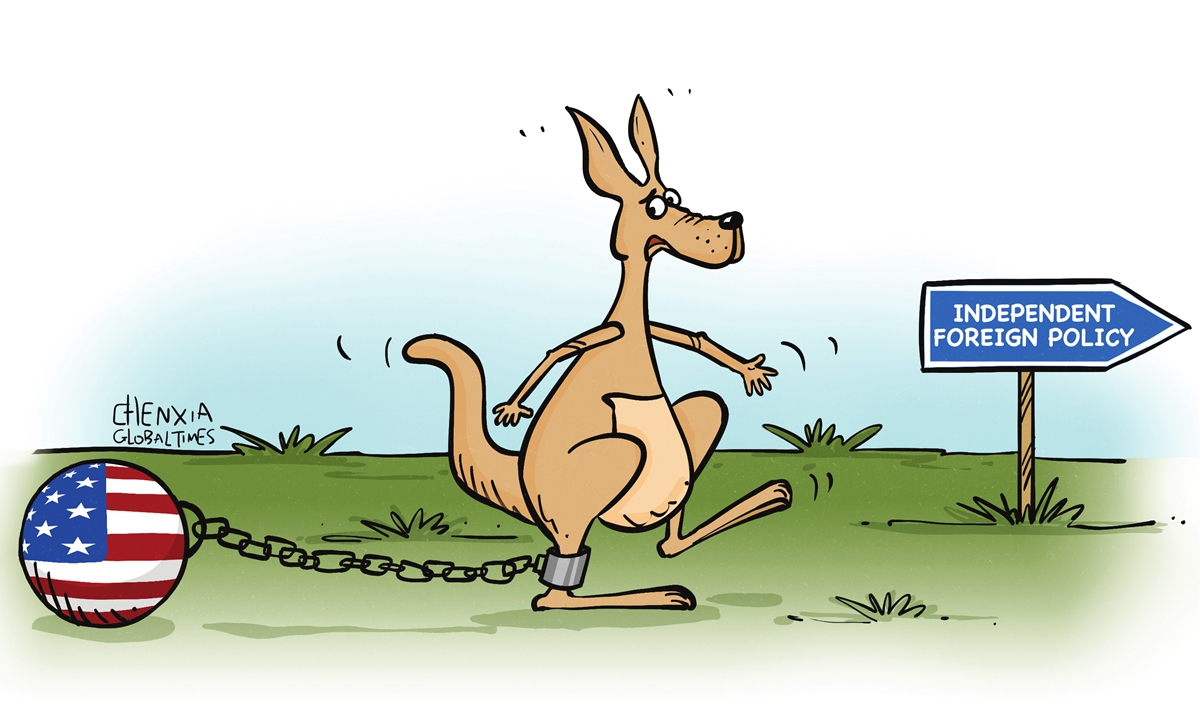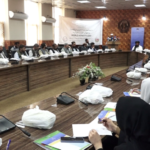In a diplomatic setting, these are surprisingly sharp and direct words, even more so when we bear in mind that this was a joint press conference with the US Secretary of State Antony Blinken, along with the defense ministers from Australia and the US. The meeting between the four government ministers is known as Australia-US Ministerial Consultations (Ausmin) and takes place regularly. The meeting on Saturday was mostly focused on military matters, including a military base for US and UK submarines – in Australia and paid for by Australia. In this context, the verbiage concerning close ties and cooperation between the two countries was undone by the direct comment by Penny Wong concerning Julian Assange.
This was not the first time the Assange question has been raised. In fact, the Labor government in Canberra made its position clear not long after it commenced in May 2022. Since June 17, 2022, the website of the Australian Government’s Department of Foreign Affairs and Trade has carried a statement saying that Assange’s case should be brought to a close and that “we will continue to express this view to the governments of the United Kingdom and United States.” It is now on public record that the Australian side has pressed this point on numerous occasions.
To return to Penny Wong’s statement at the press conference on Saturday, she reiterated the well-known position that Assange’s case has gone on for too long and that it should be “brought to a close.” Of more interest is her observation that until the Assange question is resolved, there are limits to what can be achieved in talks between the two governments.
Clearly, a rift is emerging between Australia and the US on the Assange question. How should we understand this rift? There are a number of aspects, and they are not mutually exclusive.
First, there is increasing disquiet within the Labor Party and among its support base on the Assange question. In fact, this disquiet may be found across political parties in Australia and is shared widely by the Australian population. After all, Julian Assange is an Australian citizen being pursued by the “long-arm jurisdiction” of the US. In this respect, the current leadership in Canberra seems to be feeling the pressure.
Second, there is the question of the nuclear submarine “deal,” which was the initial “official” reason for the AUKUS pact. The deal has turned out to mean that Australia pays hundreds of billions of dollars for a US submarine base in Australia. While the politicians in Canberra are still holding the line and saying they support AUKUS and the submarine deal, the sheer amount of money – torn out of basic services such as medicine and education – is increasingly unpopular among the Australian public. One suspects that some within the Labor Party are increasingly uneasy about the deal.
Third, the fact that the Assange question was raised during a meeting that was supposedly focused on military matters leads me to suggest that raising the question may be a diversion tactic. Such a tactic is an old trick of political parties in Western countries: In the face of an unpopular decision, politicians will say “look over there” to divert attention. In this case, the Labor government may be trying to divert attention from an unpopular AUKUS pact by raising the Assange question. It may be a way of saying to the public: “We are ‘progressive,’ look at what we are doing for Julian Assange.”
Fourth, to go a step further, let us focus on Penny Wong’s statement that there are distinct limits as to what can be achieved in Australia-US talks until the Assange question is resolved. One suspects that Labor government leaders may see the AUKUS pact as leverage to gain the release of Assange. Stall the talks, refuse to agree, until Assange is released. If so, this is a significant move.
Finally, the larger picture is that the Labor government in Canberra is caught in some serious contradictions. On the one hand, the Australian Labor Party has a history of trying to chart a more independent foreign policy that is in Australia’s interest; on the other hand, the US has assumed for many decades that it can tell Australia what to do. Is the Assange question a moment when the balance will tip once again toward a more independent foreign policy? Only time will tell.
The author is a Marxist scholar from Australia, overseas talent professor in the School of Philosophy at Renmin University of China, and on the editorial board of the Australian Marxist Review. opinion@globaltimes.com.cn













